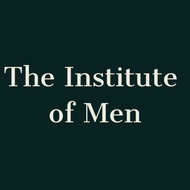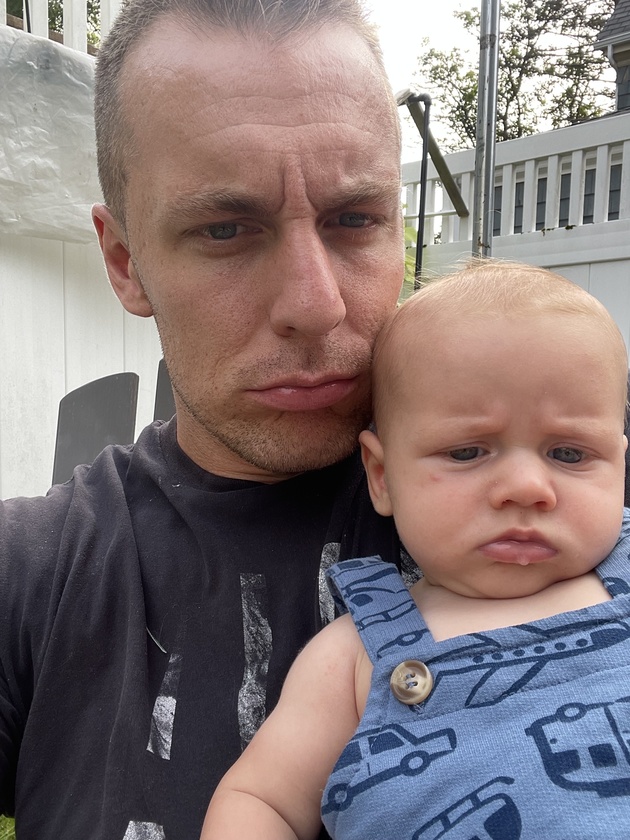My favorite historian is a man named Paul Johnson. I discovered him somewhat on accident when perusing the history section at Barnes and Noble. He is a British born historian who has written about the history of America, the history of Christianity, and two great works on the intellectuals who became enemies of society.
His book, “A History of the American People” covers American history from the beginning attempting to answer the question, “was America a city shining on a hill?” Paul Winthrop famously told the puritans heading to America that the country would become a “city shining on a hill” because of the Christian society they would set up. Whether or not that happened has been debated by historians, including Paul Johnson as he examines American history from that perspective.
The book was published in 1997 and holds a special place in my heart because of the long quote below. I have long wondered about the state of American Christianity because of the decline of denominations, pride flags waving on mainline churches, and the rise of independent churches. I am constantly wondering, “what does this do to Christianity as a whole” and “what does this do to our society?”
Maybe we all might be wondering the same thing
This long quote below will be the basis for an exploration into American Christianity and its future. The quote may shock and depress you. I have been thinking about this a lot for well over two years and wondering what we men can do about it. Read the quote and say a prayer for Christians in our country.
“The development of hostility in American culture affected the mainline American Protestant churches. By name, the mainline churches are: American Baptists Churches of the USA, the Christian Churches (Disciples of Christ), the Episcopal Church, The Evangelical Lutheran Church of America, the Presbyterian Church (USA), the United CHurch of Christ, and the United Methodist Church.
In order to exist in a hostile culture, the churches liberalized and to some extent secularized themselves. That in turn led them to alienate rank and file members. It is hardly possible to state how prominent these churches were in American history, with most Americans practicing Christianity in one of these churches, especially Methodist and Episcopalian. The governmental representation from these churches were strong. Every single president, except Kennedy, came from a mainline denomination. But even with all the power and wealth at the top, these churches were in rapid decline due to their liberalization and secularization.
They had been in decline throughout the 20th century, but a sharp turn downward happened in the 1960’s. One study, for instance, calculated that the Methodists had been using 1,000 members per week for thirty years. These seven mainline denominations as a whole lost between a fifth and a third of their members in the years 1960-1990, chiefly because they forfeited their distinguishing features, or indeed any features.
After the Episcopal Church’s General Convention of 1994, marked the bitter dispute over the right of practicing homosexuals to become or remain clergy, one official observer commented: ‘The Episcopal Church is in institutional free fall. We have nothing to hold onto, no shared belief, no common assumptions, no bottom line, no accepted definition of what an Episcopalian is or believes.’
Remember, these seven mainline churches were the bedrock of American Christianity.
By 1994, the mainline denominations were listed as having membership as follows:
American Baptists Churches: 1.5 million.
Disciples of Christ: 606,996
Episcopal Church: 1.6 million
Lutheran Church: 3.8 million
Presbyterian Church: 2.7 million
United Church of Christ: 1.5 million
United Methodists*: 8.5 million
*(The decline continues to happen in what remains of the mainline churches. United Methodists have lost an additional 2.78 million members in the last 30 years, which is approximately 93,000 people per year, for 30 years. That is 1,800 people per week.)
By contrast, the Roman Catholics, who had been America’s biggest single denomination since 1890 numbered over 60 million in 1994. The Southern Baptists numbered 16.6 million, and even mormons were at 10 million. These churches were still clear about their identities and distinguishing features. They taught specific doctrine, and maintained, though not without difficulty, especially among Catholics, their coherence and morale. The difficulty for Catholics was Vatican II.
It was during this time that the “moral majority” began to rise, approximately 50 million Protestant Christians from various backgrounds and off-shoots of the declining mainline churches. Together with Catholics, this ecumenical group of 110 million became the assertive face of Christianity and worked together to maintain some sense of stability in American Christianity in a country that was becoming increasingly hostile.
The decline of the mainline churches was still demoralizing to American Christians as they lost their way. The theologian Stanley Hauerwas of Duke Divinity School summed in up in 1993: ‘God is killing mainline protestantism in America and we goddam deserve it.’
The decline of the churches led to the decisive single development in America during the second half of the 20th century that would stain and plague American culture for generations to come: the decline of the family, family life, and the growth of illegitimacy, that is, children born out of wedlock and outside a strong family.”
That section of his book shocked me. It also helped me understand why so many churches, especially up here in the North East, have pride flags on their doors and 31 people in their pews. It sent me on a journey to understand Christianity more as a whole but especially in 20th century America.
It also had me wondering: What does the future of American Christianity look like? The late Tim Keller was not enthused about the future of American protestantism. He wrote a book about it just before he passed in 2023. A link will be below.














